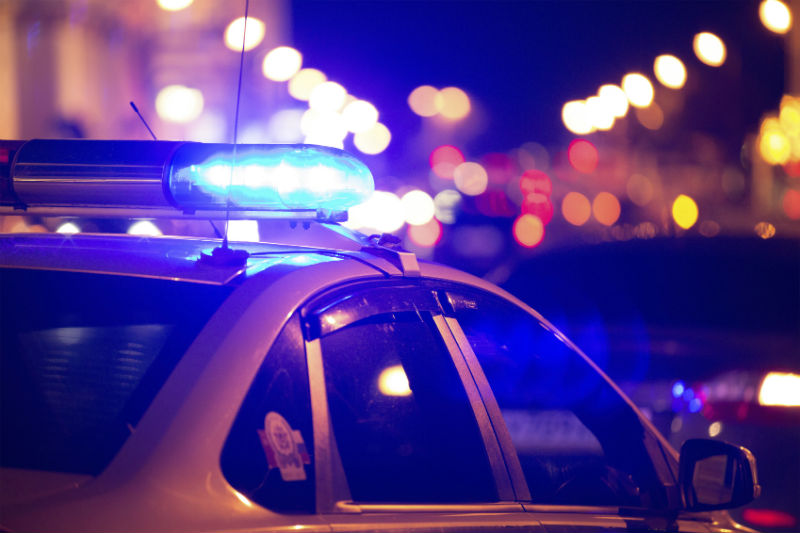October 7, 2015
Before holiday weekends, police will often route cars through roadside sobriety checkpoints. Police detain drivers, regardless of whether they have committed any offense or not, at these checkpoints for a short period. Although sobriety checkpoints are legal, many people feel this inconvenience violates their Fourth Amendment rights.
Objective of Sobriety Checkpoints
The goal of sobriety checkpoints is to keep roads safer by keeping drunk drivers off the road. If an officer at a checkpoint thinks a driver has been drinking, the driver will be asked to perform field sobriety exercises. Other law enforcement objectives, like compliance with driver’s license and insurance requirements, are also met. Some people are also taken into custody on outstanding warrants.
Sobriety Checkpoints Are Legal
In 1985, the Florida Supreme Court decided to legalize sobriety checkpoints. They are only required to be temporary with random detentions. Notice of intent to create a sobriety checkpoint must be published.
Detention Must Be Random
It is not legal to detain every vehicle. Some drivers must be “waved” through. It is permissible to detain three out of every four vehicles.
Penalties for Refusing Field Sobriety Tests
Police cannot make you to take field sobriety tests, but they can ask you to perform the exercises with a commanding demeanor. You have the right to refuse to take a sobriety test and seek the benefit of an attorney. However, there is a chance you will be taken into custody and taken for a breath sample at the police station. If you refuse that test, you can be charged, and your license could be suspended for a year.
Searches and Seizures
Since the police at a DUI checkpoint can stop each driver without any suspicion, it might seem that the officers would not have enough probable cause to conduct the seizure of the drivers.
Nonetheless, the Supreme Court has decided that DUI checkpoints do not qualify as unreasonable searches and seizures. Justices determined that the needs of the state to prevent drunk-driving accidents outweighed any intrusion on sober drivers.
Contact the Khonsari Law Group After a DUI Arrest
A DUI conviction is going to impact your driver’s license and your daily routine for a long time. You’ll want to contact the Khonsari Law Group right away after a DUI arrest. Protect your rights, liberty and reputation with an experienced and respected DUI lawyer at the Khonsari Law Group. Contact us, or use our online contact form for a free consultation.


